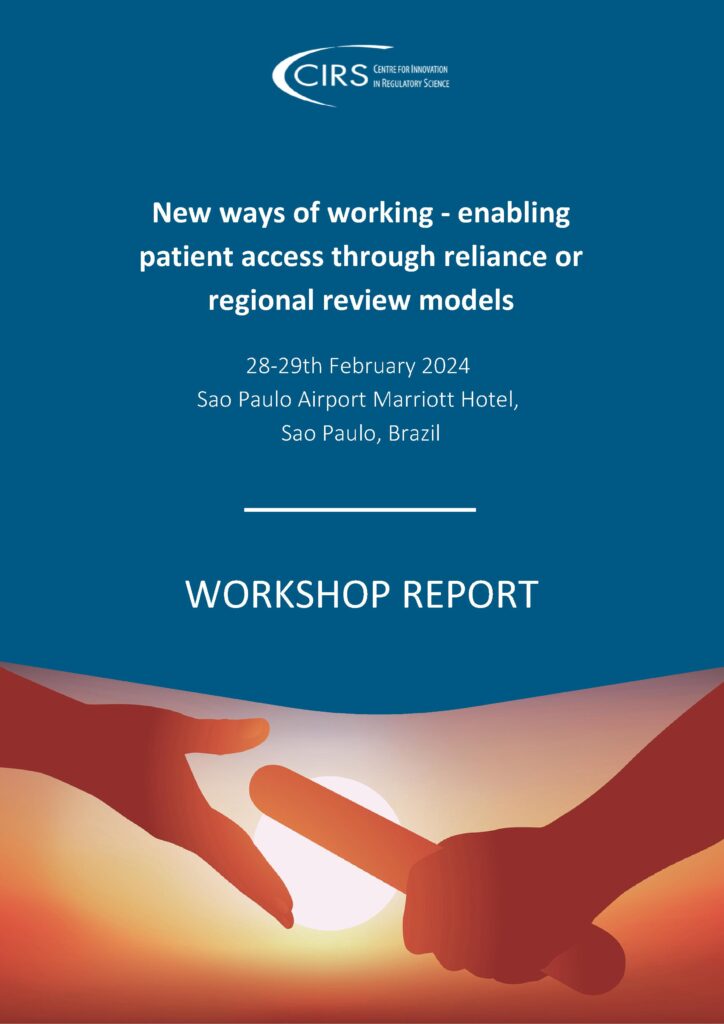Faced with increasingly complex technologies and novel evidence generation techniques, regulatory agencies are being challenged to work in new ways. There is pressure on them to be agile and effective in their processes and more efficient with their resources. Risk-based approaches – including collaborative reviews, work sharing and reliance – are now considered an important part of the regulatory toolkit to facilitate timely patient access to medicines.
While risk-based approaches are well-developed concepts for agencies, how to implement these in practice is not always clear. Companies can also face challenges when taking up risk-based pathways, such as difficulties obtaining unredacted assessment reports from reference agencies and a lack of global alignment on the definition of product ‘sameness’.
Several collaborative review initiatives are being piloted or implemented by regulatory agencies around the world. The Caribbean Community (CARICOM) and the Central American Mechanism for the Joint Evaluation of Medicines are collaborative processes in Latin America, though the Caribbean regional process faces notable challenges, and the Central American Mechanism is still in early stages. Learning from the experiences of these processes, initiatives such as the ACCESS Consortium and Project Orbis, and regional reliance models, e.g., in Africa, could help to identify best collaborative practices globally, as well as to advance more collaborative models across Latin America.
In this workshop, CIRS brought together senior representatives from regulatory agencies, pharmaceutical companies and academia from 18 countries across the Americas, Africa, Asia and Europe, to examine risk-based approaches in more detail. The aim was to identify what is needed for risk-based approaches to work effectively and efficiently, incorporating lessons learned from the various models being implemented around the world.
Workshop objectives
- Identify current risk-based prioritisation evaluation models of decision making being used for the review of medicines, including the benefits and hurdles of utilising these in the review of new medicines.
- Discuss frameworks and decision-making practices that need to be in place to move from concept to practical implementation for both unilateral and regional reliance models.
- Recommend practical considerations and current best practices for both unilateral and regional models of reliance, discussing what is necessary to allow agencies to focus on value-added activities in order to provide timely patient availability to good quality, safe and effective medicines.

